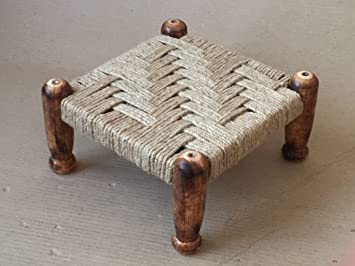ॐ श्री गुरुभ्यो नमः ॐ श्री शिवानन्दाय नमः ॐ श्री चिदानन्दाय नमः
Source of all Images in this Blog-post : Google Images : ‘Google Image Search’ will reveal the multiple sources of every single image shared in this Blog. For more details, kindly see ‘Disclaimer‘
Available on Online Store Pepperfry : Click here to Explore more






